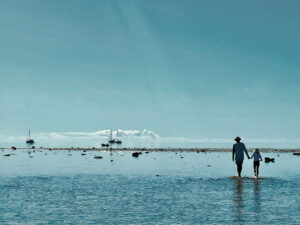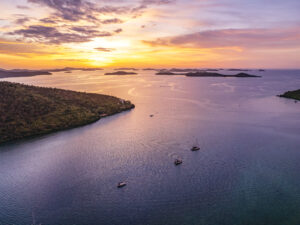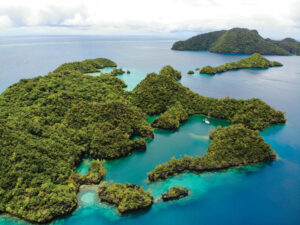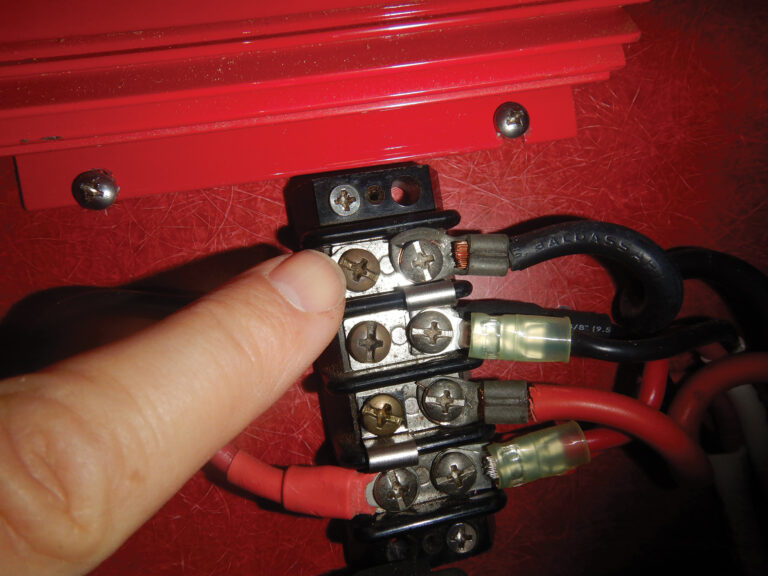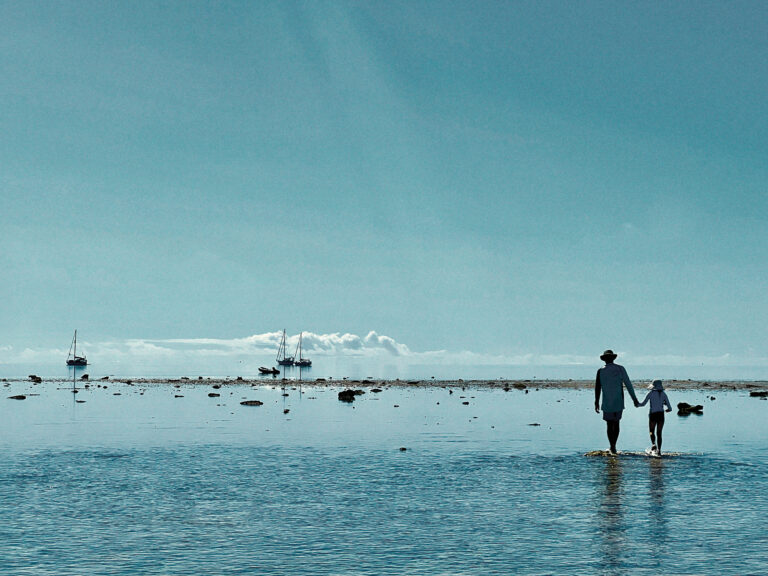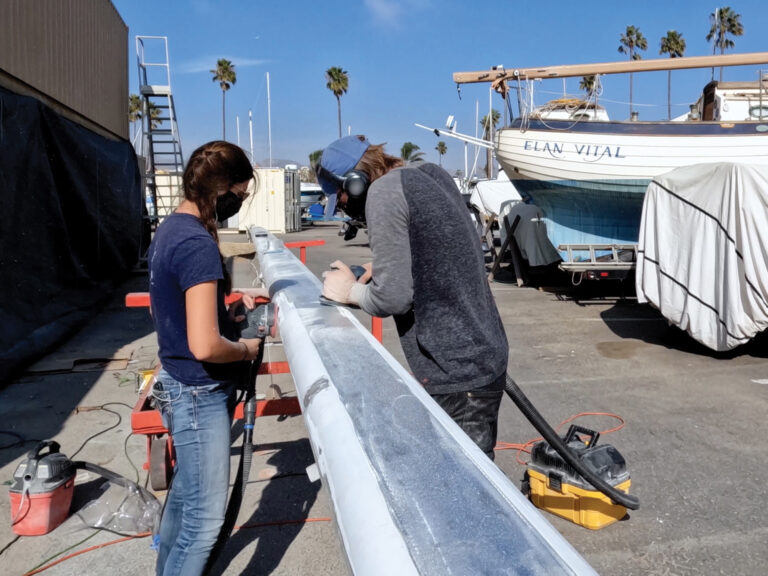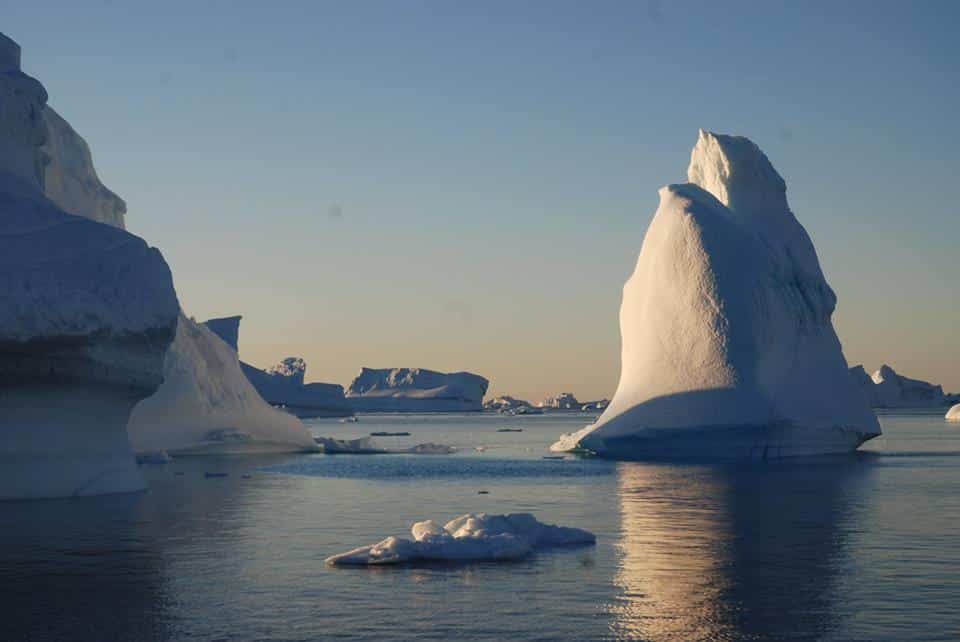
There was a geologist named Marie Tharp who was one of the most important people in the discovery of plate tectonics. She gets almost no credit today because she was a woman at a time when women weren’t treated as equals in the world of science. There is a book written about her called Soundings, in this book near the end is a paragraph that explains the problems we are having with funding exploration. “The era of exploration is over. Scientists have to write convincing proposals that account for how every penny and moment on a ship will be spent, which essentially means that they have to predict what will happen while they are at sea. Without the time and money for exploration, there’s little space for discovery. Research vessels return to the same places again and again, building expeditions around those places because they can be described in proposals. Lack of funding results in less data and fewer discoveries, which result in less public interest”.
The age of exploration is not over. There are still many discoveries to be made, especially in the Polar Regions both north and south. Grants have become so specific that they are now restrictive. I understand that organizations don’t want someone pissing their money away on some crazy scheme, but they have gotten to protective. Exploration by its very nature involves risks. Not just risking life and limb, there are also financial risks. We must be willing to take these risks or there will be no discoveries. Remember, reward lives in the house of risk.
We need to enter a new age of exploration. Just because we have mapped out the world doesn’t mean we understand everything about it. Our world is going through changes, exploration is more important than ever. There are a lot of things that are happening to our planet that we don’t fully understand. Things that could have serious consequences for our species. Exploration is the only way we can better understand these issues. We are only beginning to understand the world we live in. Exploration becomes discovery. Look at all of the incredible things we have discovered, from harnessing fire to the weightlessness of outer space. Think of the discoveries to come, whether on this planet or beyond. To quote my favorite scientist of all time, Apsley Cherry-Garrard “We should never stop exploring, for exploration is the physical expression of intellectual passion”. We made it through this year’s Arctic expedition without too much ware and tare. We did get a three foot rip in our mainsail. I used to do handwork for North Sail so it’s not a big deal to patch a sail. Although our mainsail probably has 15 patches at this point. Our hydro generator got torn off the back of our boat by a giant patch of kelp. This is rather mind boggling as I don’t understand how kelp could snap bolts and rip stainless steel tubing, but it did. Another patch of kelp damaged our wind vane rudder bearing but I can fix that fairly easily when we haul the boat out. We received more damage from kelp than ice, never thought that would happen. We lost our main ships inverter, our heaters never worked quite right, etc. Nothing broke that could even come close to stopping us. All off the scientific equipment worked well and we collected a huge amount of important scientific data. This was our most productive research expedition to date.
In an earlier blog I mentioned that we met a 27 year old French single-hander named Manu who was about to sail alone through the Northwest Passage. I let him borrow my satellite phone so he could get ice and weather information, which is very important in such a dangerous and difficult place. A few days ago Manu made it through the Northwest Passage but not without difficulty. When sailing east to west the last part of the NWP is the Bering Straits. Manu was hit by a strong gale while crossing this (Bering Straits) finish line and broke his solar panels, wind vane, auto pilot, etc. He’s trying to get to Chile to marry the love of his life and make a bunch of little sailor babies. He could have taken the easier route through the Straits of Magellan but chose the harder route through the Arctic. I’m going to nominate him for the Jester Award.
While in the Arctic the film about my non-stop singlehanded circumnavigation of the Americas, Red Dot in the Ocean, the Matt Rutherford story, won best film at the Blue Whiskey Film Festival and won another award at New Hope Film Festival. Looks like the film will be on Netflix, Hulu, Amazon and Itunes. Tory is trying to get it on PBS but needs to raise another 7K to make it happen, fingers crossed. Ocean Research Project’s mission is science, education and exploration and creating ORP has been the biggest challenge of my life. I believe we have been doing a good job upholding the integrity of our mission. A non-profits mission should always come before salary and overhead. The problem is we barely raise enough funding for the mission so we have nothing left for all the other aspects of the organization. Part of the reason we struggle so much with funding is because we spend most of our time and energy planning solid research expeditions and then doing the research expeditions. We spend very little time and energy working on fundraising campaigns, increasing our social media presence, promoting our organization to larger organizations, although we do spend a lot of time writing proposals for grants. We wish we could hire someone to help us with these important things but technically we can’t even afford to hire ourselves. It’s been three years without a salary which makes it very hard to exist as a person in our society. I don’t let any of this bother me much as I know we will succeed in turning Ocean Research Project into a fully functioning non-profit organization. I know this because we can’t be stopped, our determination is limitless. Or as the most successful explorer during the great age of exploration, Roald Amundsen once said “the secret to my success has been due to self-control and willpower. Control yourselves, be your own masters, and at the same time develop determination. If you undertake anything, determine to accomplish your purpose and let no obstacle no matter what turn you back”.
A brief summary of this year’s data collection:
- 5,000 miles of pCO2 (ocean acidification) data for the Smithsonian’s Environmental Research Center.
- 5,000 miles of thermosalinagraph data for NASA scientists at Goddard Space Center. This is used to ground truth salinity satellites as the ice in the Polar Regions confuses them.
- 1,450 miles of Bathymetric data for NASA’s OMG program along with 70 CTD casts many of which down to 500 meters.
We also collected 5 Nano plastics (very small micro plastics) samples for Adventurers for Science and Conservation. This is a great citizen science project and I advise other sailors to look into it. We were only able to do two long micro plastics trawls at the end due to bad weather. We did find lots of bits of Styrofoam and Nicole will process the samples at S.E.A an affiliate of Woods Hole Oceanographic Institute when we return. According to 5 Gyres, Dr. Marcus Erikson this is the first time anyone has trawled for micro plastics in the Arctic. Nicole’s education blog went out to 300+ middle school students and Nicole will take them on a geographic tour of our research using science on a sphere at Goddard Space Center this fall. 2015 has been our best year yet and next year looks to be even better.
(We have posted 80 pictures on Ocean Research Projects Facebook page, like us on Facebook to see the pictures)
Fortitudine Vincinimous
By Endurance We Concur
Until next year…….
-Matt Rutherford
Read about the rest of Matt’s Adventure in Greenland and his past journeys on his blog, here.

